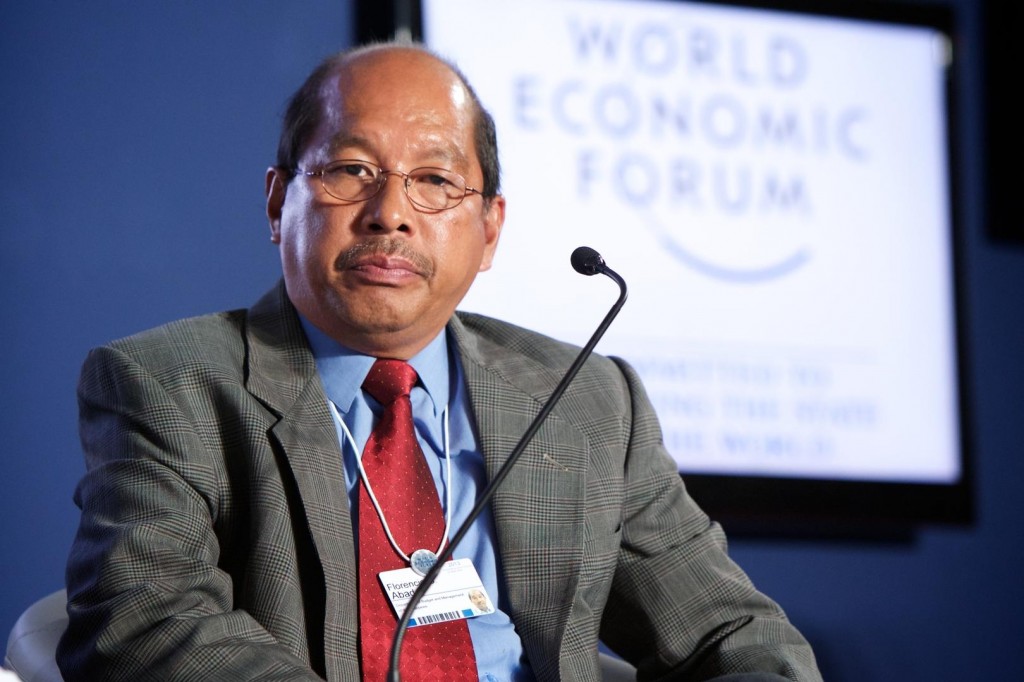
MANILA – Economic managers are confident that the Philippine economy will remain strong since the government has put in place reforms that ensure continued improvement in fiscal health.
Budget and Management Secretary Florencio Abad said the continued improvement of the government’s fiscal health is a key in ensuring a solid-paced growth for the Philippine economy.
“We have put in place reforms that will ensure improvements that will benefit the country not only within the Aquino administration but the succeeding ones. We are confident that economic growth will remain strong because of these initiatives,” he added.
The Philippine economy felt the negative external economic development when it posted a decelerated growth during the first quarter of 2015.
Growth, as measured by gross domestic product (GDP), slowed to five percent after recovering to 6.6 percent in the previous quarter.
Aside from lower exports due to weaker demand from trading partners, the lower-than-programmed government spending also dragged domestic expansion.
Thus, the government vowed to revive the economy through higher spending, especially on necessary infrastructure, which is a surefire boost to the domestic economy’s growth.
Revenues continue to rise from year-ago levels as tax collection agencies Bureau of Internal Revenue (BIR) and Bureau of Customs (BOC) stepped up their efforts to address previous collection failures.
This even as continued decline of prices of oil in the international market remain a hindrance for the BOC, in particular.
Earlier, Customs Commissioner Bert Lina said they were directly hit by the drop in the price of oil in international market since oil taxes account for about 30 percent of the agency’s collections.
The agency has lost about Php 50-75 billion in revenues to date due to decline in oil prices, he said.
BOC has a Php 436.5-billion collection goal this year and as of end-October, its revenues reached Php 300.7 billion, a slight improvement from the Php 299.9 billion it registered same period in 2014.
On the part of the BIR, the agency’s end-October collections grew eight percent year-on-year to Php 1.19 trillion. It has a Php 1.674-trillion revenue target for this year.
Internal Revenue Commissioner Kim Jacinto-Henares has admitted that the bureau’s revenue goal is somewhat hard to achieve but vowed to continue implementing reforms to address tax evasion, among others, in a bid to continue the sustained rise in the agency’s revenues.
Following the three-straight months of posting budget gaps in the first quarter of the year, the government registered a surplus last April amounting to Php 52.6 billion as revenues exceeded expenditures on back of reforms to make revenue collection more efficient.
With higher revenues comes improved ability to spend due to the fact that funds are available.
Thus, the government revived its spending program as noted in June, July, September and October fiscal reports.
As of end-October this year, government expenditures totaled to Php 1.82 trillion, higher than the Php 1.77 trillion revenues during the same period the previous year, resulting in a Php 52.57-billion deficit.
Finance Secretary Cesar Purisima said ensuring robust revenue performance was the key in the government’s future fiscal health.
He said the sustained rise of revenue collections since a few years back should be continued for the government to fund education, health and social services.
“We ought to do everything we can to protect these gains towards the close of this administration and beyond,” he said.
Purisima is hopeful that the domestic economy continues to have the drivers that will boost its expansion, given that fundamentals remain intact, due in part to sustained improvement of fiscal health along with solid domestic demand.
“Accelerated public spending on the back of solid fundamentals sets the stage for a strong fourth quarter finish. Keeping our record of prudent fiscal management is crucial to keeping our social contract with the Filipino people,” he added.
The economy posted another improvement in the third quarter of the year after growing by six percent from quarter-ago’s 5.8 percent, lifted in part by higher government spending.
It remains among the strongest in the region, placing third after China’s 6.9 percent and Vietnam’s 6.8 percent.
In the first three quarters of the year, the economy grew by 5.6 percent, way lower than the government’s seven to eight percent target due to the effect of the first quarter performance.
Amidst the below-target expansion, economic managers remain optimistic, citing that average growth of the economy has risen to about five percent from about three percent in the past.